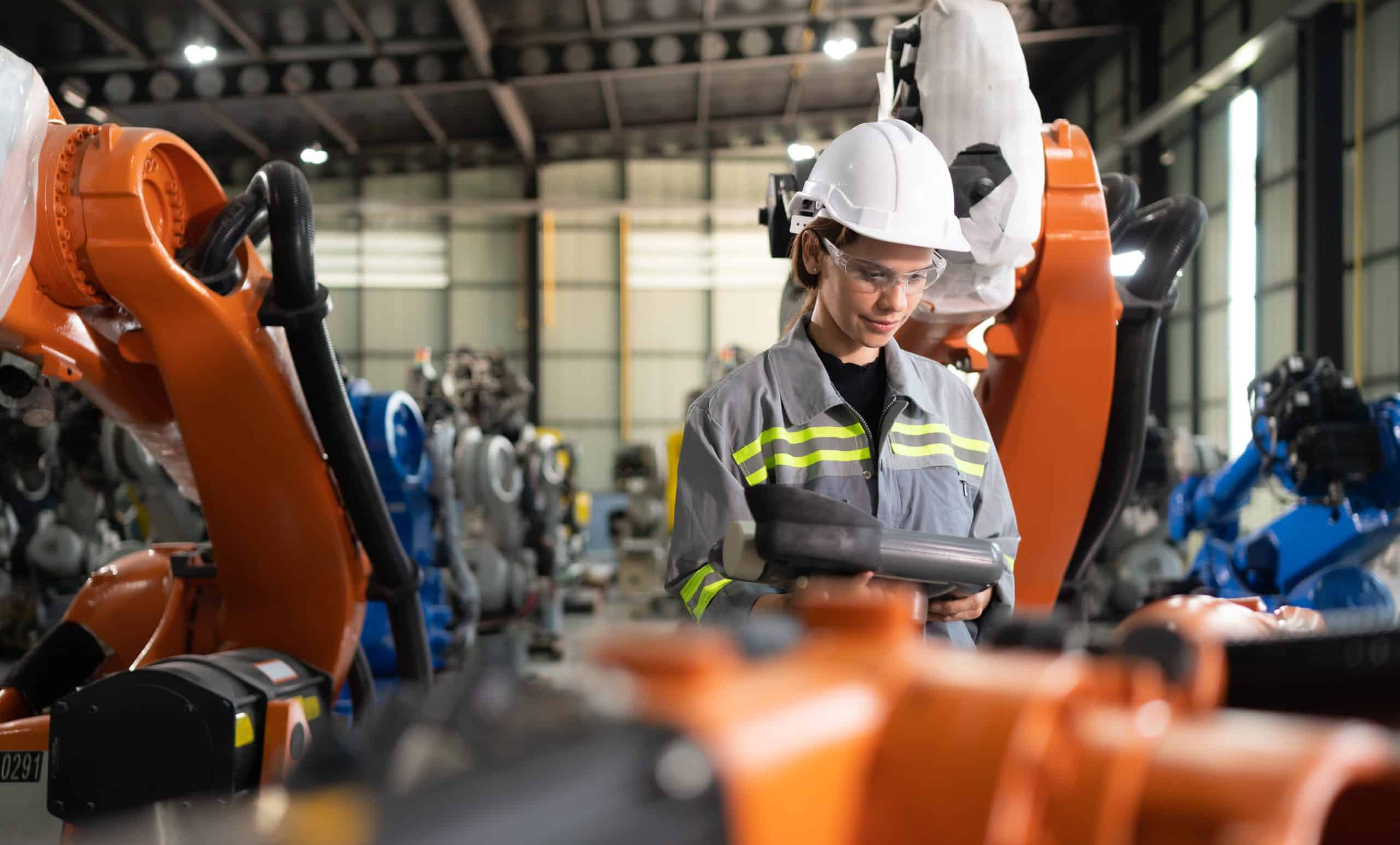Loneliness and social isolation can have severe impacts on the emotional and physical health of older adults. In order to mitigate these detrimental effects, several innovative solutions have been introduced. One of these noteworthy advancements comes in the form of companion robots. These are not just automated devices but social entities that can provide essential interaction, care, and support. Let’s delve into understanding how these robots are revolutionizing elder care, with a special focus on ‘ElliQ’, the companion robot.
The Rising Concern of Loneliness Among Older Adults
It’s essential to understand the loneliness phenomenon well in order to properly analyze the potential solutions. Loneliness has been identified as a growing concern among older adults, especially those who live alone or have minimal social interaction. According to scholars, isolation can have serious health consequences, accelerating cognitive decline, and increasing the risk of heart disease and depression. Furthermore, the current data suggests that around one-third of adults aged 60 and above are experiencing loneliness in some form.
Lire également : What Are the Effects of Rebounding Exercise on Lymphatic System Health?
The societal structures and various other factors such as retirement, loss of a spouse, or living alone contribute to the isolation. As a result, it becomes critical to provide emotional support and companionship to these individuals in order to maintain their overall well-being. This is where the advent of social robotics can play a transformative role.
Social Robots: Technology as a Companion
The concept of social robots as companions for older adults is grounded in the intersection of robotics, social sciences, and health care. As the name indicates, these robots are designed to interact with humans in a personal and emotional manner, much like a human companion would. They are built to assist, entertain, and, most importantly, provide companionship to their users.
Sujet a lire : Can Smartwatches Accurately Detect Irregular Heartbeats for Stroke Prevention?
While these robots can’t substitute human interaction, they can contribute significantly in alleviating feelings of loneliness and in providing a sense of companionship. Various studies have shown that these robots have the ability to evoke emotional responses from their users and can therefore help in enhancing their mood and overall well-being.
ElliQ, the Companion Robot: A Life-changing Invention
Among the various companion robots available on the market, ElliQ stands out owing to its distinctive features and abilities. ElliQ is an interactive companion robot designed specifically for older adults. It has the capability to not only understand but also respond to the emotions of its users through its artificial intelligence-based system.
This robot is an excellent example of how technology can be used to cater to the emotional needs of humans. It’s designed to not just help seniors with daily tasks but also to engage them in meaningful conversations and activities. It uses machine learning algorithms to understand the preferences of its users and then tailors its interactions accordingly.
Impact of Companion Robots on Health and Overall Well-being
The impact of companion robots on the health and well-being of older adults is significant. Not only do they help in alleviating loneliness, but they also contribute to the overall well-being of their users.
Studies have shown that interaction with these robots can lead to reduced levels of stress and anxiety. They can also be beneficial in managing symptoms of cognitive decline and other mental health issues. Moreover, these robots can also provide reminders for medication, thus ensuring health care adherence among older adults.
The Future of Companion Robots in Elder Care
The role of companion robots in elder care is ever-evolving. With advancements in technology and better understanding of the needs of older adults, these robots are becoming more and more capable of providing effective companionship.
They are not just technological devices but empathetic companions that understand and cater to the emotional needs of their users. The future holds immense potential for these robots in terms of their capabilities and the difference they can make in the lives of older adults. But as we move forward, it’s crucial to ensure that the development and use of these robots are guided by the principles of human dignity and respect.
As we have seen, the impact of companion robots on the lives of older adults is profound. They are not just a tool for entertainment or assistance but a source of emotional support and companionship. And while they may not replace human interaction, they are certainly a step forward in addressing the pressing issue of loneliness among older adults.
The Role of Artificial Intelligence in Companion Robots
Artificial intelligence (AI) is fundamental to the operation of companion robots. It allows these robots to understand and respond to the needs and emotions of their users. By using machine learning algorithms, companion robots such as ElliQ, a product of Intuition Robotics, are able to learn from interactions with their users. This allows them to tailor their responses and activities to the preferences of the individual, making the interaction much more personalized and meaningful.
AI in companion robots can recognize patterns, understand commands, and make decisions, enabling them to assist older adults with daily tasks, provide reminders for medication, and even engage in meaningful conversations. Companion robots use AI to generate human-like responses, which is essential in creating a companion that can truly alleviate feelings of loneliness.
According to a systematic review of studies available on Google Scholar and PubMed Crossref, companion robots have been found to elicit positive emotional responses from older adults, improving their mood and overall well-being. During the COVID pandemic, when social isolation of older adults was at an all-time high, companion robots played a crucial role in providing the much-needed social support.
It’s important to note that while AI has advanced significantly, it’s not yet at a stage where it can fully replicate human interaction. However, the progress made so far is promising, and there’s a lot of potential for further development. To make these robots more effective in their role, ongoing research and development is being conducted across the globe, particularly in the United States.
The Role of Companion Robots in the Face of Increasing Social Isolation
Social isolation among older adults is a rising concern, especially in the wake of the COVID pandemic. As society becomes more digitized, and with the ongoing constraints on human contact, social robots are playing an increasingly important role in providing the necessary social support to older people.
A companion robot, with its ability to engage the user in meaningful interactions, can help alleviate feelings of loneliness. It’s not just about providing a distraction or entertainment, it’s about creating a form of interaction that mimics human contact to a certain extent. The aim is not to replace human interaction, but to supplement it, especially in situations where human contact is limited.
According to several articles found on PubMed Crossref and Google Scholar, companion robots have been shown to significantly improve the mental health of older adults, reducing feelings of loneliness and depression. While these robots are not a cure-all solution, they can certainly make a difference in the lives of those who are socially isolated.
Conclusion
In conclusion, it’s evident that companion robots play a significant role in combating the loneliness epidemic among older adults. With the help of artificial intelligence, they are able to provide a form of interaction that can improve the mood and overall well-being of their users. As technology continues to evolve, there’s immense potential for these robots to become even more effective companions.
However, as we move forward, it’s crucial to remember that these robots are not a replacement for human interaction. They are a tool that can help supplement human contact, particularly in situations where it’s scarce. It’s also important that the development and use of these robots are guided by the principles of human dignity and respect.
As we navigate the challenges of an increasingly digitized and socially isolated world, solutions like companion robots present a promising way forward. By continuing to invest in and develop this technology, we can help ensure that older adults remain connected and cared for, even in the face of increasing isolation.







